
The 10th Annual Summer Institute
Special Sessions
Keynote
9 am - 10:10 am, Friday, June 4
“Rhetoric, Writing, and Resilience: Reflections on a Long Year and a Short Decade”
Suzanne Lane, Massachusetts Institute of Technology
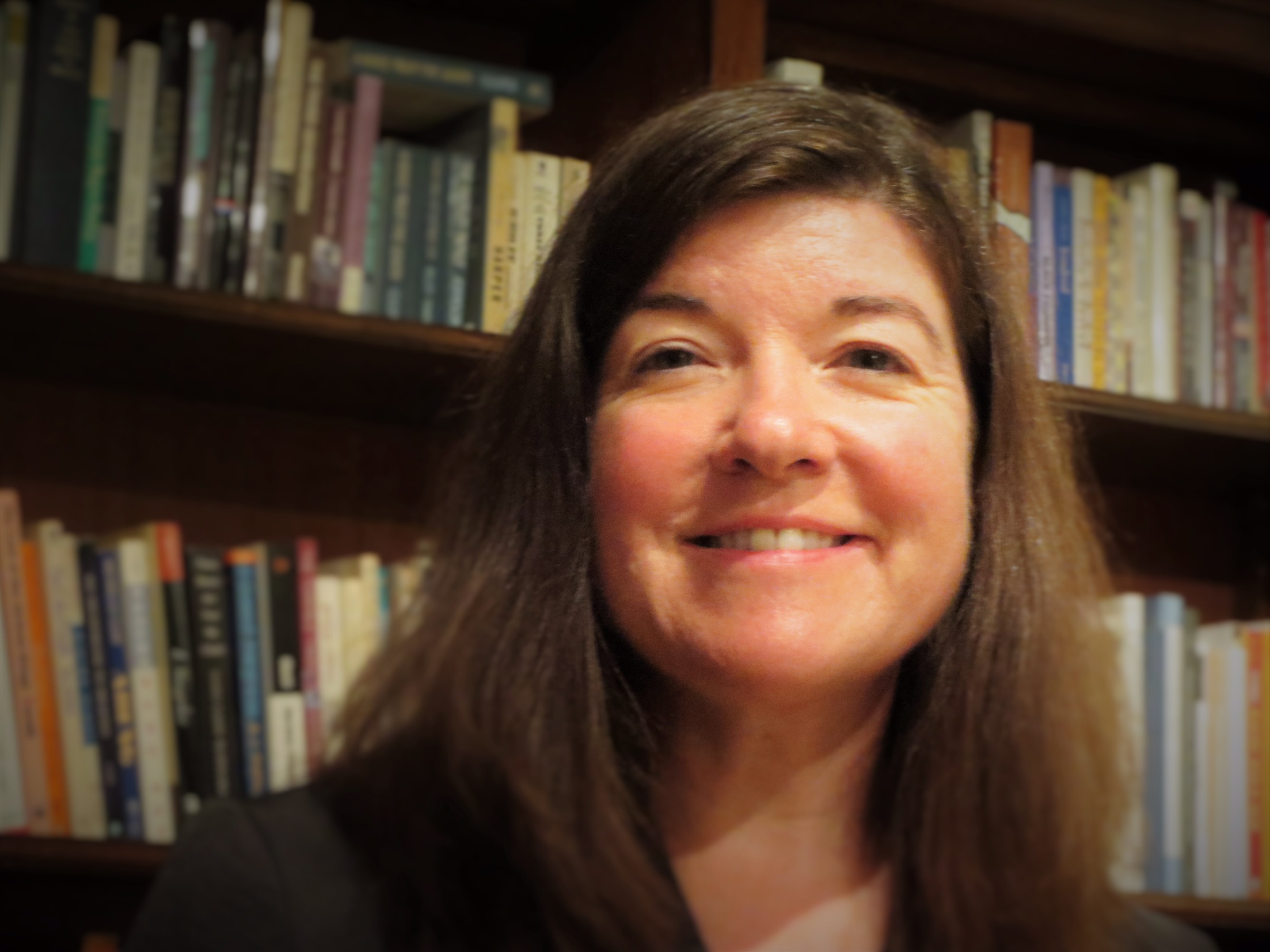
Suzanne Lane is Senior Lecturer in Rhetoric and Communication, and Director of the Writing, Rhetoric, and Professional Communication (WRAP) program. As an undergraduate at MIT, she studied Chemical Engineering, and after working as a research engineer for a couple of oil companies, she studied writing in graduate school, at the University of Colorado (Master's), and the University of Massachusetts, Amherst (PhD). Her dissertation research applied genre theory and discourse analysis to fugitive slave narratives and academic histories of slavery, and defined narrative forms of argumentation that enslaved Americans developed to counter the dominant justifications for slavery. Before joining MIT, she taught at Harvard, where she was also a researcher on the Harvard Study of Undergraduate Writing. In that research, she explored how students learn discipline-specific genres and forms of argumentation, and transfer them to new locations. Suzanne also co-directs ArchiMedia, a research lab that investigates how digital media is shaping professional communication practices, and how digital tools can be used (and designed) to teach professional communication.
Antiracist Pedagogy Discussion
2:20 pm - 4:00 pm, Friday, June 4
Melissa Pearson and Neal Lerner, Northeastern University
We invite BRAWN Summer Institute participants to join this conversation with Melissa Pearson and Neal Lerner of Northeastern University’s English Department. While we will start with the provocative question, “Is teaching writing a white supremacist practice?,” the bulk of our discussion will be framed by the response, “Yes, it has been—and how do we move forward?”
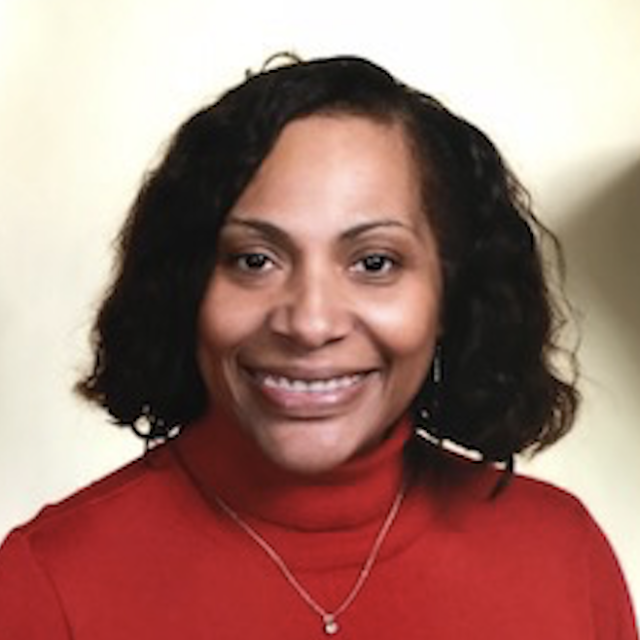
Dr. Melissa Pearson is a Teaching Professor in the Writing Program-English department at Northeastern University. For more than 20 years, Pearson’s research and teaching has been grounded in Racial Literacy and Concepts of Social Justice, and in African American, primarily Black Feminist Rhetoric.
Philosophy on Social Justice education: The pursuit of social justice and anti-racist living means confronting all of the evidence of inequality, even when it challenges one’s own identity and ideology. Thus, my approach to anti-racist pedagogy begins with concepts of positionality and socialization because one’s gender, race, class and cultural experiences matter and contributes significantly to their worldview. It is often easier to sympathize with someone’s oppression from an observational point of view; but when students (people) learn that through socialization we “learn” racist attitudes and behaviors whether we are aware of it or not. Also, as much as institutions such as government, media, schooling, religion and family structure dictate much of what we come to understand about race and difference, it is through public discourse such as advertisements, film, social media, etc. that stereotypes and justifications for racial oppression are reinforced. In my course, we spend time understanding concepts of oppression (sexism, racism, classicism), white privilege, and white supremacy, through the theoretical lens of Cultural Violence (Johann Galtung) and deep rhetorical analysis of public/popular discourse.
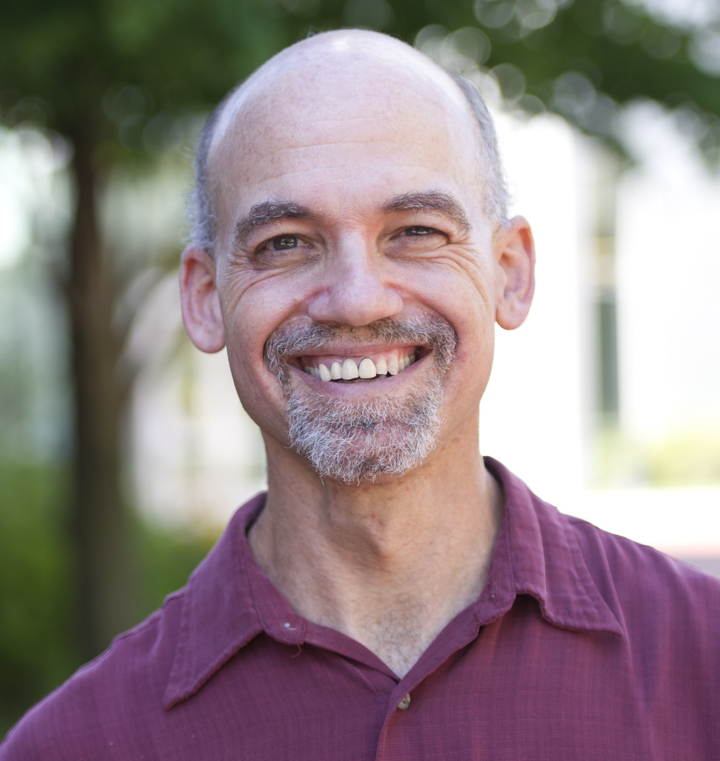
Neal Lerner is Professor and Chair of the English Department at Northeastern University. He teaches undergraduate and graduate courses in writing and the teaching of writing. Lerner is the author of over 40 peer-reviewed articles and book chapters on the history, theory, and practice of learning and teaching writing, and is a five-time recipient of the International Writing Centers Association Outstanding Scholarship Award. His book The Idea of a Writing Laboratory won the 2011 NCTE David H. Russell Award for Distinguished Research in the Teaching of English. He is also the co-author of Learning to Communicate as a Scientist and Engineer: Case Studies from MIT, winner of the 2012 CCCC Advancement of Knowledge Award, and co-author of The Longman Guide to Peer Tutoring, 2nd ed. With Michele Eodice and Anne Ellen Geller, he is the co-author of The Meaningful Writing Project: Learning, Teaching, and Writing in Higher Education, and his latest book is Reformers, Teachers, Writers: Curricular and Pedagogical Inquiries.
BRAWN General Assembly
9:00 am - 10:00 am, Saturday, June 5
This is your opportunity to meet BRAWN's Board of Governors, offer feedback, find out what BRAWN has been up to and how you can get involved, and help steer the network into the future. It's usually a pretty informal discussion at which your thoughts and ideas are most welcome.
Senior Scholars Panel
2:00 pm - 3:15 pm, Saturday, June 5
Moderators: Cinthia Gannett and Neal Lerner
Judith Goleman
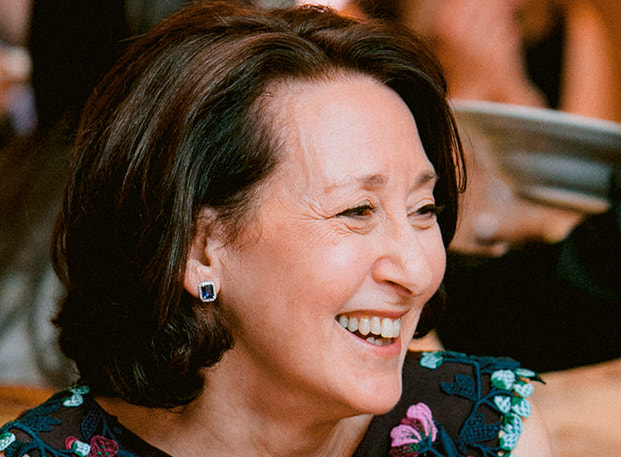
I studied composition with William E. Coles in the mid-1970s at the University of Pittsburgh, just as the program was pivoting from a traditional error-centered, prescriptive approach to a student-centered, epistemic approach. Coles’ praxis was unlike anything I had ever encountered: fully imagined, passionate, and critical of standard approaches to composition which, he felt, succeeded only in producing students as Theme writers. In his graduate seminar on the Teaching of Composition, he employed the same student-centered, daily writing processes as in his undergraduate courses, making indelible that one could only learn to teach the new composition by writing one’s way into it. David Bartholomae, a protégé, claimed that Coles “changed the field through the attention he gave to reading and valuing student writing, which was more often ignored than anything else.”
Challenging a universe of assumptions about how to teach post-secondary reading and writing, and how to train graduate students for this work, Coles’ practices were foundational to my career as a teacher, writing program administrator and composition scholar at the University of Massachusetts Boston. In my scholarship, I attempted to develop a critical pedagogy that connected the formal dialectic of meaning-making, explored by Coles at Pitt and by Ann Berthoff at UMass Boston, with the social dialectic of conscientization explored by scholars such as Paulo Freire. This was difficult work. Where I saw complementarity, others saw irreconcilable differences. For this reason, one of the high points of my early career took place at a dinner for Paulo Freire following a talk he gave in Boston. I was seated across the table from Freire. At one point, he leaned over and said, “Excuse me, do you know Ann Berthoff?” I nodded vigorously, as she was sitting next to me, and replied, “This is she! This is she!” Freire leaned back in his chair, clapped his hands and said, “Mrs. Berthoff, I have always wanted to meet you! I so admire your work.”
This encounter solidified the direction of my own work and remains a precious memory.
Tom Newkirk
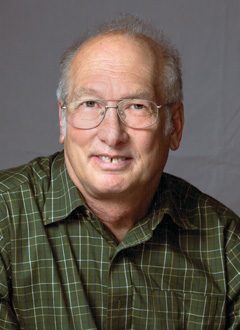
I am a graduate of Ashland (Ohio) High School, Oberlin College, and The University of Texas where I studied with James Kinneavy, who had recently completed his landmark, A Theory of Discourse. Kinneavy. At that time, he was incredibly busy and the only way to get him to focus on your dissertation was to sit in his office while he read it—which I did, two very long sessions. In 1977, I began teaching in the English Department at the University of New Hampshire, where I taught my entire career, retiring in 2016.
I came to UNH at the right time—the two Dons (Murray and Graves) were busy defining a theory and practice of “the writing process.” In their own ways, both were intent on democratizing writing, making it accessible and appealing to anyone. Murray, for example, might get in a conversation with a worker at the Bagelry, and in a couple of days she would get a set of articles from him. He would even bring handouts to potluck dinners. Graves essentially reimagined writing instruction in the elementary school, showing it could start in kindergarten, if not before. It was a pretty heady time for a 29 year-old.
If UNH was one pillar of support, Heinemann Publishing, was the other. I have published exclusively with them, books on a range of topics and a range of age groups—from young children’s non-fiction writing, to the emotional underlife of learning, to boys’ literacy, and most recently to fiction writing in middle high school. I feel so lucky to have been given the chance to pick a problem and go at it in my own eclectic, slightly crazy way. At Heinemann I have also worked as an editor, reader, burb-writer, and general advice-giver (whether requested or not).
So I have been a study in monogamy—one job, one publisher, one wife.
Nancy Sommers
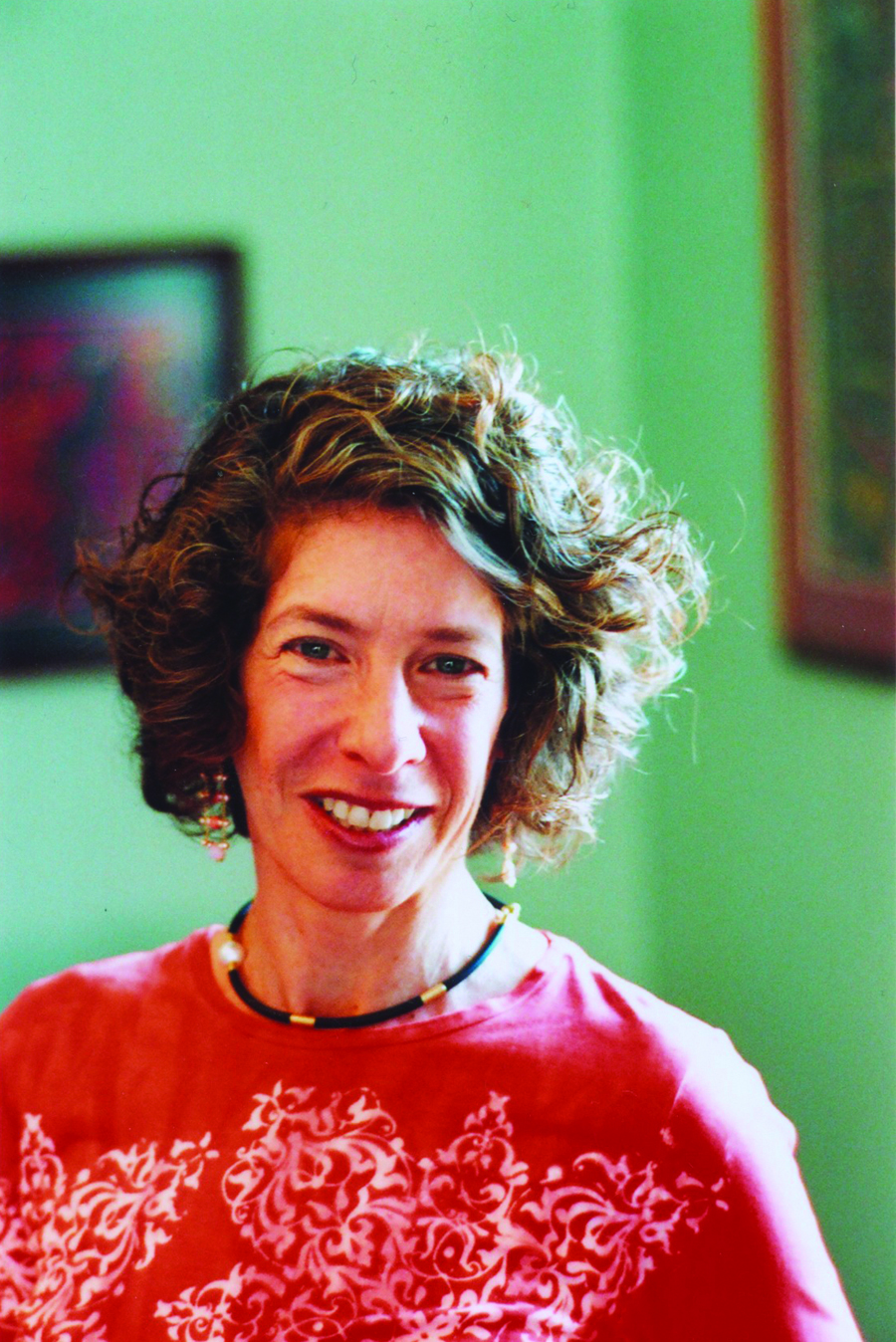
Teaching, as Theodore Roethke remarked, “is one of the few professions that permits love.” I love teaching writing and love my students in all their particularity—the infinite variety of subjects they choose to write about, their compelling cultural backstories, present on every page, and their specific questions that unhinge long-held assumptions about writing. I can’t imagine more intimate and more important work than helping students develop as thinkers and writers. After class, I walk around, absorbed, as if in a trance, their questions and stories lodged in my brain. Teaching writing is like that, absorbing and exhausting, in equal measures, and occupationally strange; we spend more time with students’ papers than with the students themselves—devoting nights and weekends to their words, and puzzling, in their absence, about how to respond to their ambitious, sweeping introductions— “Since the dawn of humankind.”
I do not believe that I would return to the classroom, year after year, with the same passion for students or for teaching writing if I hadn’t joined my students on the page, not simply as the critic in the margins of their drafts, but as a fellow writer. When I began college teaching, I wouldn’t have dared to consider myself a writer, let alone someone who would pen anything other than required graduate seminar papers and a dissertation. It was my students, though, who in their struggles to become college writers gave me a subject to write about: it started with revision, and a passionate curiosity to understand why students’ revised drafts were often weaker than their initial attempts. What was going on, I wondered—why do some students prosper as college writers, while others lag, and what does revising have to do with these differences? In my students’ struggles to revise and in my difficulties responding to their drafts, I found subjects I loved writing about.
If my students gave me permission to write about them, and teaching gave me a subject, then our professional conferences, especially CCCC, gave me an audience. Most of my published essays were first delivered as talks in convention centers, where writing teachers mingle each year. In the gathering of fellow teachers, I found a willing group of listeners who might, if I could make the research interesting, listen to my observations about students and their writing. What I learned from my fellow teachers is the power of an audience to shape ideas and be shaped by them.
What has kept me in the classroom is the passionate belief that teaching writing is, as it has always been, both a literary and civic calling: helping students write clear declarative sentences repairs the world. To write “Be Specific” in the margins of students’ papers is to encourage a habit of mind—an attentiveness to details, to words and their meanings—a way of being thoughtful both on the page and in life.
Sometimes I like to imagine a gathering of all my former students, a reunion of sorts, nothing gauzy or sentimental, no need for streamers or balloons, toasts or fancy speeches. I just want to ask: What did you make of our time together? Where have you taken your writing as you moved through college and into the world? I hope that they’ve taken the lessons of our class—about argument and audience, voice and style—to enter public debates as thoughtful, educated citizens. But maybe writing is too small a word to describe what happened in our class. And maybe teaching writing is too small a phrase for something I hope extends beyond the classroom walls. What I do know, though, is that during our time together, we’ve helped each other find something to say, and a reason to say it.
John Trimbur
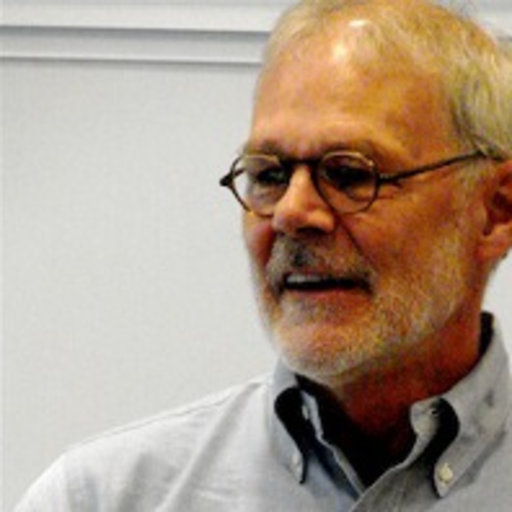
My apprenticeship teaching writing began in 1974. I had no background or experience. I was an ABD in American Studies looking for an academic job. I taught basic writing for five years as an adjunct and eventually visiting lecturer, mostly in community colleges in Philadelphia and Baltimore. This was a time of study, to get some kind of education in rhetoric and composition theory/practice.
By the early ‘80s, I was associated with Ken Bruffee’s Brooklyn College Institute in Training Peer Tutors, which quickly turned into a decade-long working group on collaborative learning and social constructionist theory. During this period, I directed writing centers and started peer tutoring programs. In the late ‘80s, I was part of what at the time was loosely called the cultural-studies-approach-to-teaching-writing, which in turn led to visual rhetoric, multimodality studies, and a non-corporate professional writing program based on critical vocationalism I started at Worcester Polytechnic Institute, where I taught for twenty years.
Sometime in the mid ‘90s, I realized that U.S. college composition had long played a role in the tacit English-only language policy of American education and empire. I’ve spent the past twenty years or so associated with the translingual camp in U.S. writing studies, trying to understand the politics of language, the ideology of monolingualism, and the grassroots literacy of the village-based asbestos activists in South Africa I worked with between 2001 and 2015.
My final move was to Emerson College in 2007, where I worked with amazing colleagues and MFA students, developing an anti-racist curriculum, translingual first-year writing courses, and local and transnational community writing projects. I retired a year ago, in June 2020, in the shadow of the pandemic.